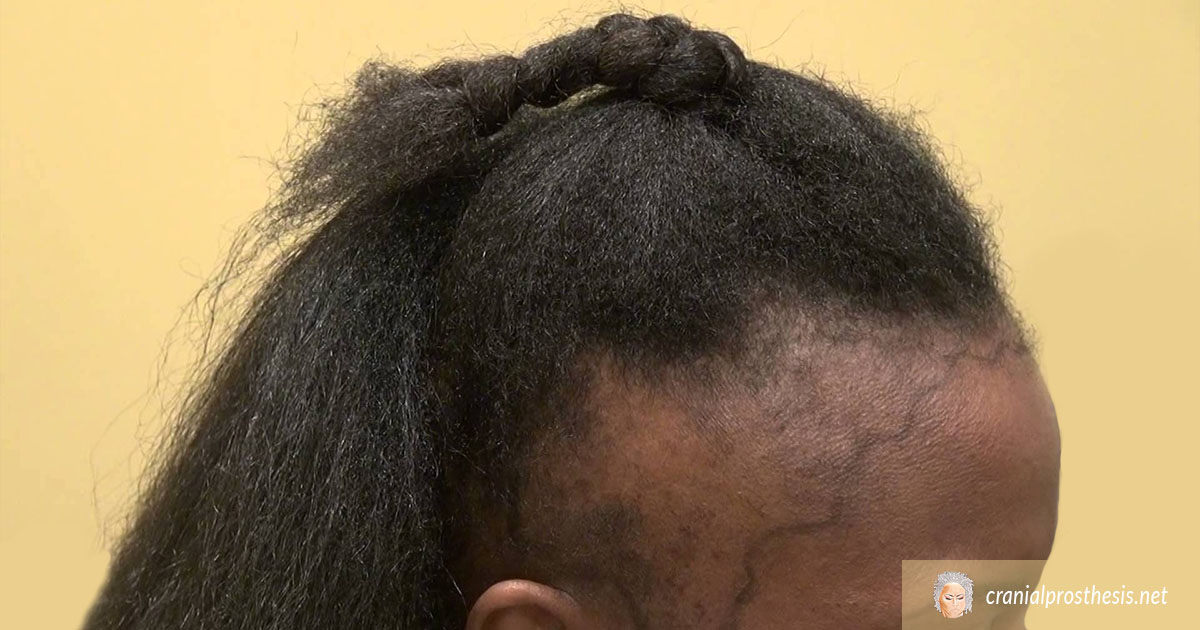
Alopecia is the loss or the absence of hair. Alopecia areata is an autoimmune disease. It can also involve hair loss all over the body. In simple terms, the immune system, for unknown reasons, attacks the hair root and causes hair loss.
Types Of Alopecia Areata
1. Localized Alopecia Areata
Localized alopecia areata is the most common type. This form of alopecia usually presents with round, smooth patches of various sizes of hair loss. The duration of alopecia areata is variable. It may resolve spontaneously within weeks or be recurrent over a lifetime. It may go away on its own or may last for many years. Additionally, it can involve any hair-bearing site, including eyebrows, eyelashes and beards.
2. Alopecia Universalis
This type is a loss of all scalp and body hair. The exact cause of alopecia universalis is unknown. However, it is thought to be an autoimmune condition in which the person’s immune system mistakenly attacks the hair follicles.
An interaction between genetic and environmental factors is thought to play a role in the condition’s onset. There is currently no cure for alopecia universalis, but sometimes hair regrowth occurs on its own, even after many years.
3. Alopecia Totalis
Alopecia totalis (AT) is a condition characterized by the complete loss of hair on the scalp. It causes round patches of hair loss. Roughly 20% of affected people have a family member with alopecia. This suggests that genetic factors may contribute to the development of AT.
There is currently no cure for AT, but sometimes hair regrowth occurs on it’s own, even after many years.
There are few symptoms associated with alopecia areata. Occasionally nail changes may occur. The surface of the nails may appear dull and rough. Nails may have tiny dents, ridges or small dents referred to as nail pitting. This does not typically cause any discomfort. Alopecia areata affects approximately 1- 2 percent of the population. This common skin disease is highly unpredictable and cyclical.
You may also enjoy reading: Trichotillomania (Hair Pulling Disorder)










